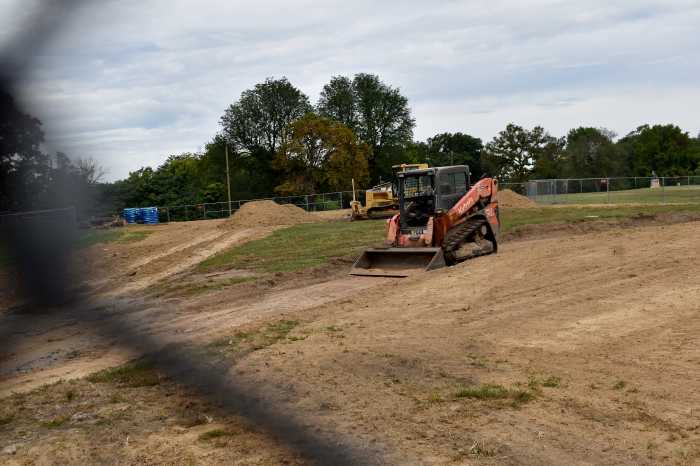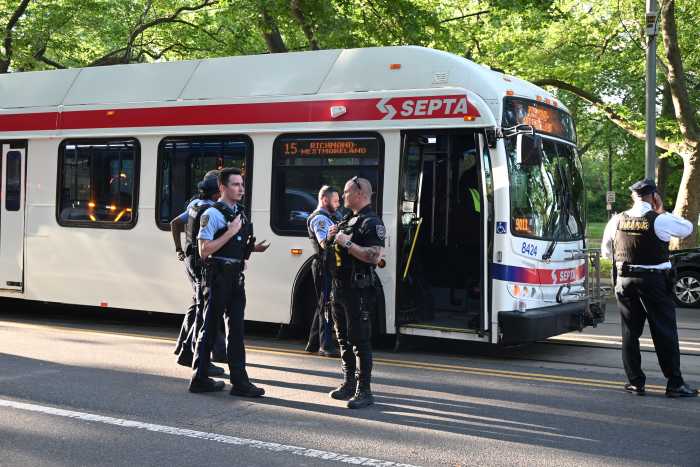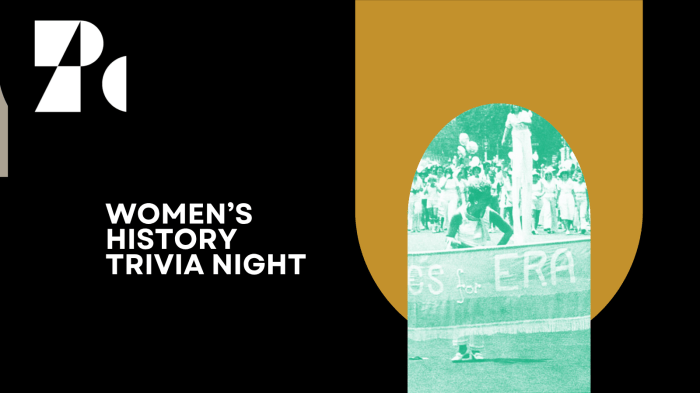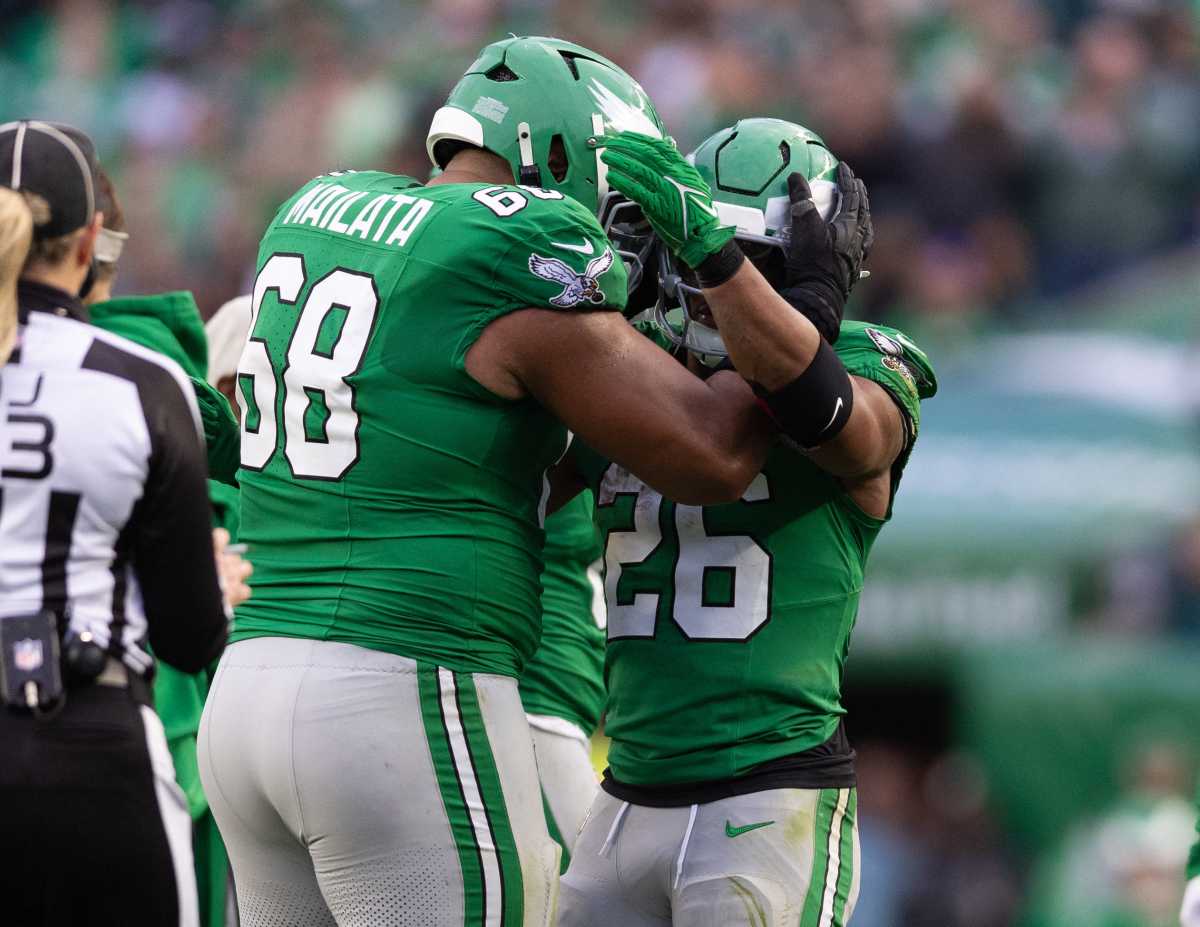Much that occurred in 2021 in Philadelphia seemed to be an extension of 2020 — the explosion of gun violence and the ups and downs of the coronavirus, for example — but there were also new challenges.
The remnants of a hurricane showed how vulnerable the region is to severe flooding, and residents stepped up to help Afghans who were forced to flee their home country.
Vaccines became more available, and Delta and Omicron thwarted a full ‘return to normal.’
Here’s a recap of several of the biggest news stories in Philadelphia over the past year.
Philadelphia’s surging gun violence
Perhaps no issue — not even the coronavirus pandemic — commanded as much attention as the city’s rising homicide and shooting numbers.
Through Tuesday night, 555 people have been killed in Philadelphia in 2021, the highest total in the city’s history, and about 2,300 people have been shot.
Back in January, Milan Loncar, a 25-year-old dog walker, was gunned down in Brewerytown, and, a month later, a mass shooting near Broad Street and Olney Avenue left eight people injured.
This fall, a man was beaten to death outside Pat’s Steaks, and a Jefferson University Hospital employee killed a nurse at the Center City facility and then shot two police officers.
Days later, a shooting near Lincoln High School at dismissal time killed 65-year-old Jeffrey Carter, who was driving by, and wounded a teenager.
More recently, there has been a spike in carjackings and armed robberies.
City Council and Mayor Jim Kenney hammered out a $155 million anti-violence spending plan; however, officials have continued to bicker and shift blame for the increased gunfire.
Safety concerns on SEPTA
Back in March, SEPTA’s largest labor union, Transport Workers Local 234, pointed to concerns along the Market-Frankford Line, which union leaders said had been taken over by homeless people, drug users and dealers.
The concerns led to the hiring of unarmed guards to patrol the MFL and the temporary closure of Somerset Station, a move that angered many in Kensington community.
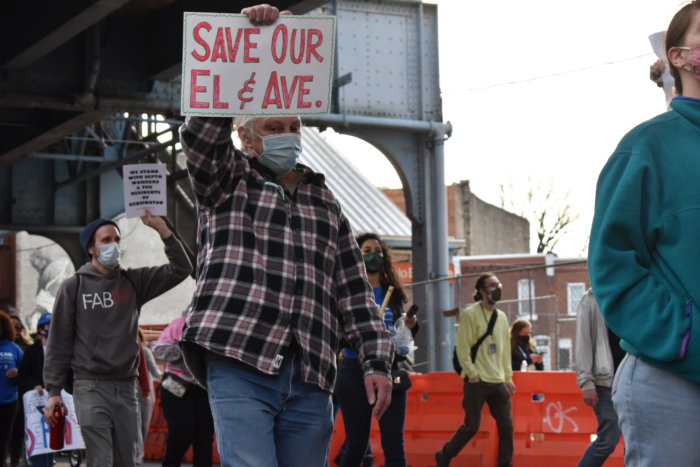
SEPTA clean-up crews began a campaign to repair MFL station, fixing up many of the stops on the eastern part of the line.
Later in the year, in October, a woman was allegedly raped on board a MFL train car, an incident that drew international attention. The suspect was caught at 69th Street Transportation Center after an off-duty SEPTA employee alerted authorities.
Vaccines become more available
Philadelphia’s COVID-19 vaccine campaign hit high gear in 2021 — to the point where now 77% of adults are fully vaccinated, according to the city’s health department.
The roll-out was not without its hiccups. In an episode that grabbed national headlines, the city early on partnered with Philly Fighting COVID to run inoculation clinics at the Pennsylvania Convention Center.
Concerns grew about the organization, run by 22-year-old Andrei Doroshin, and a report found the health department did not properly vet PFC.
In early March, a massive, military-staffed vaccination site opened at the Convention Center with the support of the Federal Emergency Management Agency. The clinic distributed about 6,000 shots a day.
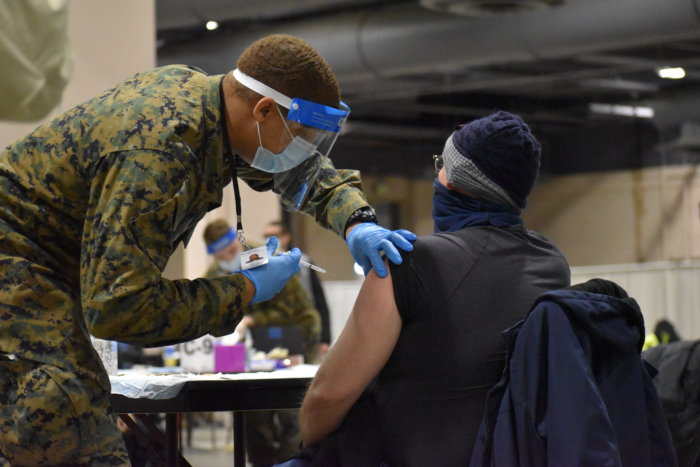
Vaccine eligibility gradually widened, first with those ages 65 and older, and then in April, all adults in Philadelphia were able to sign up for a jab.
Year of the variant
In January, Kenney’s administration allowed gyms and museums to reopen. Weddings and other indoor catered events returned in May, when officials announced the lifting of nearly all restrictions.
But the optimism, fueled by the peeling back of pandemic regulations, was tempered with the rise of the Delta variant.
City leaders responded by reimposing an indoor mask mandate and moving to require the shot for healthcare workers, university staff and college students.
The highly-transmissible Omicron strain has revived fears of another viral wave, prompting the Kenney administration earlier this month to issue a vaccine mandate for indoor diners, concert-goers and others in the new year.
Philly welcomes displaced Afghans
More than 25,000 evacuees from Afghanistan arrived in the United States through Philadelphia International Airport.
There was a scramble to relocate Afghans who aided U.S. forces during the war after the Taliban seized control of the country’s capital in August.
Organizations across the region stepped up to help the Afghans, many of whom stayed at Fort Dix in New Jersey after landing.
“When times are tough, Philadelphians step up for people in need. They always have,” Margaret O’Sullivan, executive director for the Nationalities Services Center, told Metro in August.
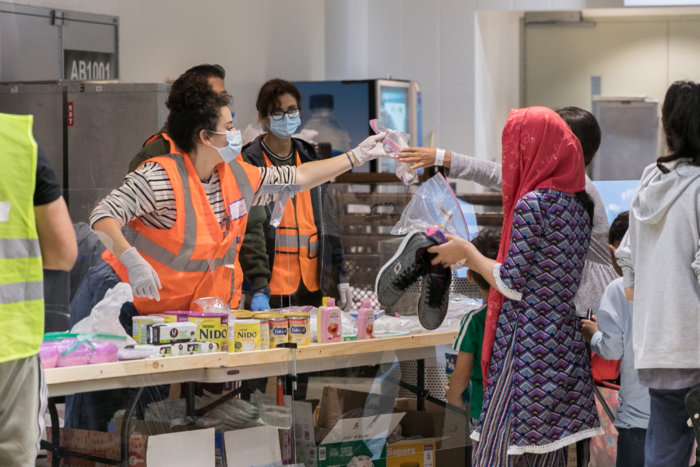
Flights to the U.S. resumed in October, with Philadelphia serving as the only entry point for the second wave of evacuations.
Ida rocks Philly
The remnants of Hurricane Ida submerged the Vine Street Expressway, flooded Manayunk and caused the Schuylkill River to overflow onto neighborhoods and towns across the region.
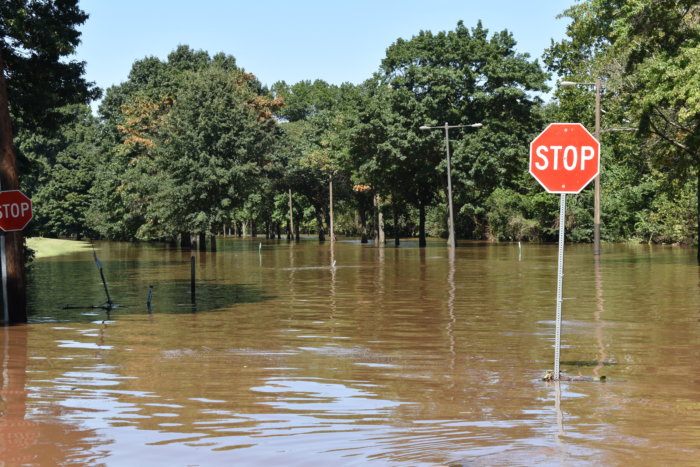
Several people in suburban Philadelphia died as a result of the storm, which raised questions about the area’s infrastructure in the face of climate change.
Ida caused millions of dollars in damage, and a handful of tornadoes devastated some communities, most notably a pocket of Mullica Hill, New Jersey.
Honorable mentions: Public schools’ flailing attempts to begin in-person classes; Health Commissioner Tom Farley resigns amid MOVE saga; DA Larry Krasner cruises to a second term; City Councilman Bobby Henon and labor leader John Dougherty are convicted.




